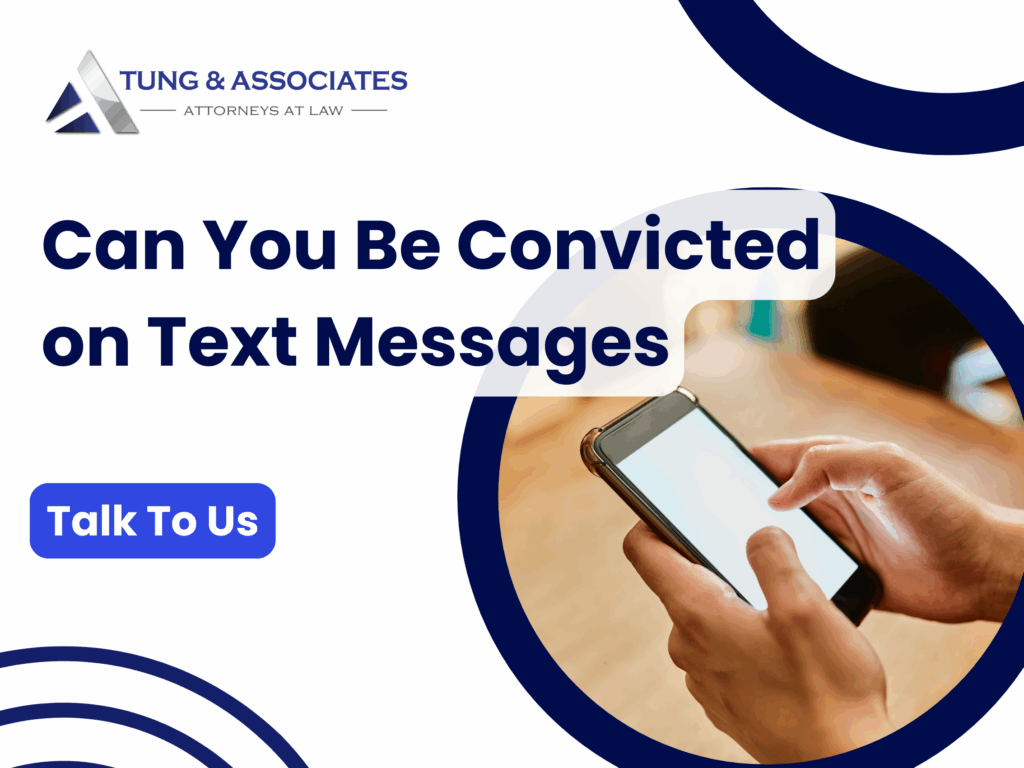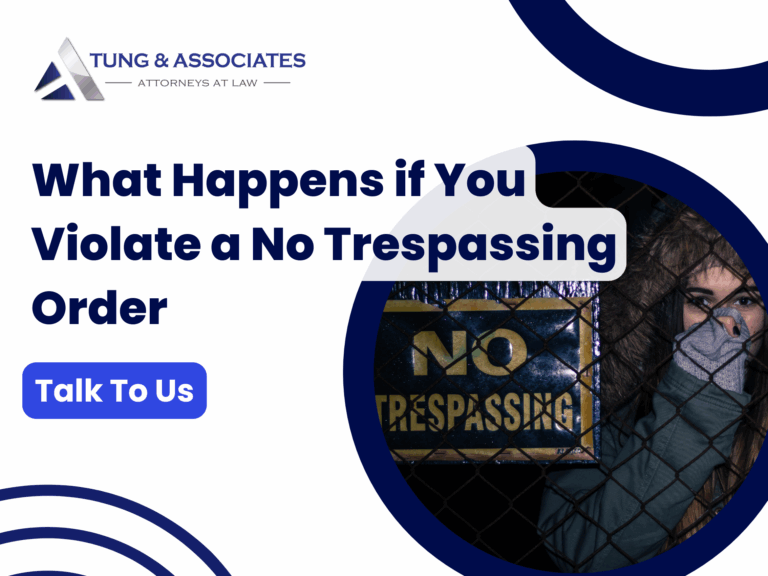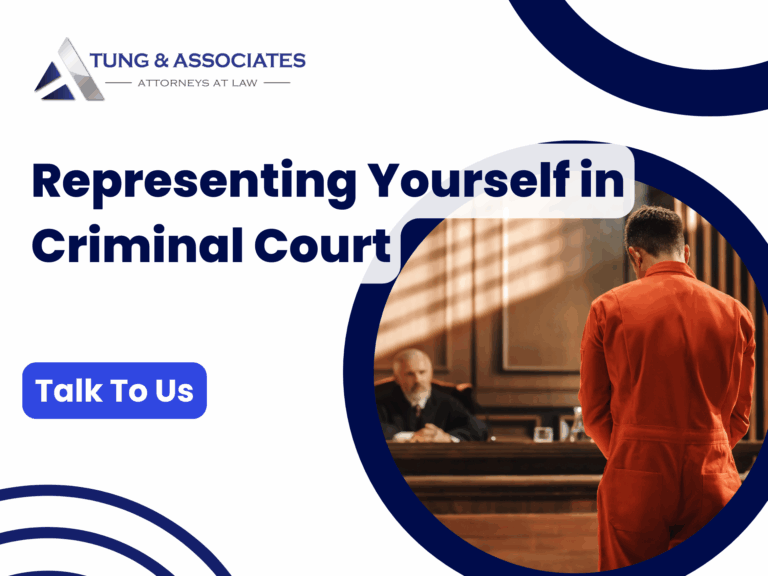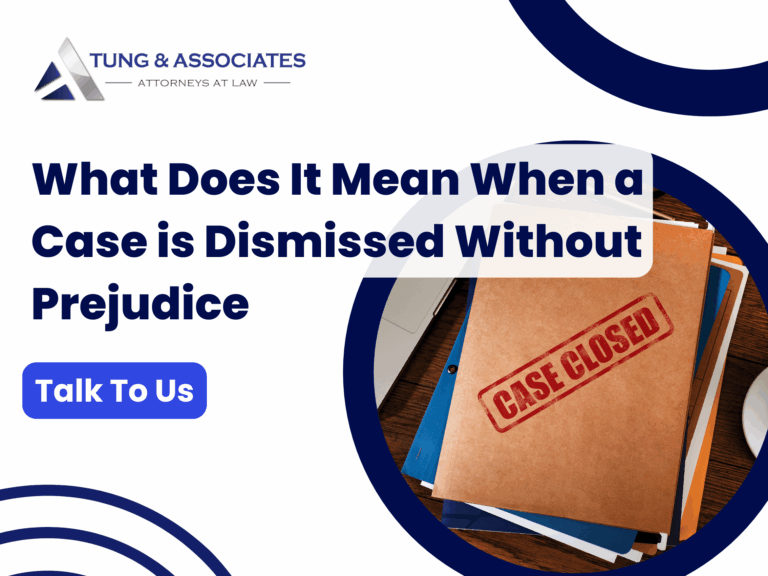Text messages are now part of everyday life, with billions sent each day. But what seems like a harmless conversation can suddenly become a central piece of evidence in a criminal case. When you learn that something you typed in seconds could be used to convict you, the fear and confusion are overwhelming.
At Tung & Associates, I know how frightening it is to face charges tied to private conversations. As a Pasadena criminal defense attorney, I’ve defended clients accused of crimes where texts, social media posts, or emails were used against them. What matters is not just what was written but how prosecutors frame it in court. That’s why I take the time to explain your options, review every detail of the evidence, and push back against unfair or misleading interpretations.
Why choose us when texts are being used against you?
Attorney Antony Tung understands both the human side of your situation and the technical rules of evidence. I combine years of courtroom experience with a focus on California criminal law and the Federal Rules of Evidence. This means I know how to argue that text messages are irrelevant, taken out of context, or improperly obtained. Many times, this can be the difference between conviction and dismissal.
Clients turn to me because I treat every case personally. When you hire me, I handle all communication with investigators and prosecutors. This protects you from making statements under pressure that could harm your defense. My goal is to give you peace of mind while building a strategy that protects your rights.
How do we approach cases like these?
When text messages are introduced as evidence, my first step is to question authenticity. Can they really prove you sent the message? Next, I look at the context. Prosecutors may pull one or two lines from a conversation that, in reality, tells a different story. Finally, I challenge how the evidence was gathered. If police searched your phone without a proper warrant or pressured you into handing it over, I will fight to have that evidence thrown out.
Why compassion matters in criminal defense
Facing charges tied to private messages can feel deeply personal. Many clients feel betrayed, embarrassed, or fearful of the impact on their families. That’s why I approach each case with compassion. I listen without judgment and guide you through each step, so you never feel like you’re facing this alone. My role is not only to defend you in court but also to help you find clarity and strength during a stressful time.
Serving Pasadena and surrounding communities
I proudly represent clients throughout Pasadena, Altadena, Arcadia, Glendale, Burbank, and the greater Los Angeles County area. Whether your case stems from a late-night text while driving on the I-210, a dispute in downtown Pasadena, or a conversation tied to local campuses and neighborhoods, I know how the courts here handle these issues. That local insight helps me anticipate how judges and prosecutors will view your case and build a defense tailored to our community.
Can a Text Message Alone Get You Convicted of a Crime?
A single text message can be powerful enough to support a criminal conviction. Courts increasingly treat texts as real evidence, similar to letters or documents, if they are relevant to the case and can be proven authentic. This is because juries often view written words as stronger and less disputable than spoken ones.
In many cases, prosecutors argue that a text message shows intent, planning, or even an admission of guilt. For example, a message that says “I did it” or “Meet me with the stuff at noon” can be used to build a case. In some instances, one message has been the deciding factor for a conviction. Why? Because texts are timestamped, tied to your phone, and appear to come directly from you making them persuasive to judges and juries.
That said, it is rarely as simple as “one text equals guilt.” For a conviction based only on texts, prosecutors must clear several hurdles. They must prove the message is authentic, meaning it truly came from your phone and was not altered or fabricated. They also need to show it was obtained legally usually through a warrant. Without meeting these standards, the evidence can be excluded.
In reality, most convictions involve texts as part of a larger puzzle. Prosecutors often pair messages with other evidence, such as witness testimony, physical proof, or digital records. Still, it is important to understand that under the right circumstances, a single text can tip the balance toward a guilty verdict. That is why every message in your case needs to be examined carefully and put into proper context by an attorney.
What Types of Charges Can Stem from Text Messages?
Text messages can form the basis of many different criminal charges. Courts treat them as written statements, so a single message can lead to a misdemeanor or even a felony. Understanding which charges are most common and which are less obvious helps explain why texts are so risky in criminal cases.
What are the common charges linked to text messages?
- Harassment or Threats: In California, Penal Code 653m makes it a misdemeanor to send obscene or threatening texts. A message that frightens or intimidates someone can quickly become evidence of criminal threats or harassment.
- Stalking or Cyberstalking: Repeated texts that cause someone to fear for their safety can be prosecuted as stalking under Penal Code 646.9. Even without physical contact, electronic harassment can qualify.
- Extortion or Blackmail: Texts that demand money or favors under threat like “Pay me or I’ll release your secrets” can lead to felony extortion charges under Penal Code 518 and 523.
- Drug-Related Crimes: Prosecutors often use texts arranging sales or discussing “the stuff” to prove intent to distribute drugs. These messages can also support conspiracy charges when multiple people are involved.
- Domestic Violence Violations: Angry texts sent to a partner or texts that violate a restraining order are common in domestic abuse cases. Under Penal Code 273.6, even a single “don’t ignore me” text can become a violation if contact is forbidden.
What are some uncommon or surprising ways texts cause charges?
- Jokes Misunderstood as Threats: Sarcasm or venting can be misread. A joking message like “I could kill my boss for that” may look like a genuine threat if presented out of context.
- Emojis as Evidence: Courts are starting to debate the meaning of emojis. A 💀 next to “I’ll handle it” can be argued as intent to harm, even if it was meant casually.
- Texting While Driving: In Pasadena, distracted driving is a leading cause of accidents. If a crash on the I-210 or Colorado Boulevard results in injury while you were texting, charges like reckless driving or even vehicular manslaughter may follow. Pasadena saw 14 traffic fatalities in 2021 double the year before and many involved distraction.
- Illicit Photos or “Revenge Porn”: Sending or sharing intimate images without consent violates Penal Code 647(j)(4). A single photo texted in anger can result in jail time.
- Unexpected Conspiracy Charges: Joining a group text where illegal activity is discussed can put you at risk. Even replying “👍” to a plan could be seen as agreeing to it, making you part of a conspiracy.
Why does this matter?
The wide range of charges from harassment to homicide shows how versatile text evidence has become for prosecutors. Some cases are straightforward, like threatening messages. Others are surprising, such as jokes, emojis, or distracted driving accidents. The lesson is simple: once a message is written down, it can be interpreted, shared, and potentially used as a basis for criminal charges.
How Do Prosecutors Use Text Message Evidence Against You?
Prosecutors often see text messages as the strongest form of digital evidence. Unlike spoken words, texts create a written record that juries can read for themselves. This makes them easier to frame as proof of guilt.
How do texts prove intent or planning?
A message like “Let’s get him tonight” can be used to show criminal intent. Prosecutors argue that these words reveal forethought or agreement to commit a crime. The “why” is simple: jurors tend to believe written plans over verbal accounts, making texts persuasive evidence of motive.
Can texts place you at the scene of a crime?
Yes. Most messages are timestamped and sometimes linked to a location. If you text “I’m here” near a Pasadena crime scene, the prosecution may claim it proves your presence. Courts rely on this digital trail because it ties a person to time and place without needing eyewitnesses.
Do texts contradict alibis?
They can. If you told police you were home, but your phone records show texts sent from downtown Los Angeles, your credibility is damaged. Prosecutors highlight these inconsistencies to weaken your defense.
How are emotions in texts used?
Angry or emotional exchanges are often presented as motives. For example, texts showing jealousy or rage before an incident may be used to argue you had a reason to commit a crime. Even a simple “I’m sorry about what happened” can be spun as an admission.
Why do prosecutors quote texts in court?
Quoting a defendant’s own words is powerful. Juries tend to trust messages that appear to come straight from the accused. Even vague phrases like “It’s done” can be portrayed as confessions. Prosecutors use this strategy because it removes the need for outside interpretation. The words seem to “speak for themselves.”
In short: Prosecutors use text messages to paint a narrative one that often looks worse without context. That’s why a defense attorney’s role is so important: to challenge those interpretations and show the jury there’s more to the story than a few words on a screen.
Accused Over a Text Message in Pasadena? Here’s How to Get Help
Being accused of a crime because of a text message is overwhelming. You may feel like one private conversation is now being used to define your entire life. The truth is, text evidence is rarely as simple as it seems and with the right defense, it can often be challenged, explained, or even thrown out.
At Tung & Associates, I know how intimidating it is to have your own words held against you. That’s why my role is to fight for your rights, question the prosecution’s story, and make sure the court hears the full context. From challenging how texts were obtained to showing they don’t mean what prosecutors claim, my goal is to protect your future and peace of mind.
If you or someone you love is facing charges tied to text messages in Pasadena, Altadena, Arcadia, Glendale, Burbank, or anywhere in Los Angeles County, now is the time to act. Every day you wait is another day prosecutors build their case.
Contact Tung & Associates today at (626) 416-4668 or visit my office at 790 East Colorado Blvd, 9th Floor, Pasadena, CA 91101 for a free, confidential consultation. I’ll listen to your story, explain your options, and start building a defense strategy that fits your situation.
Don’t let a text message decide your future. With a strong advocate by your side, you can fight back and move forward with confidence.





